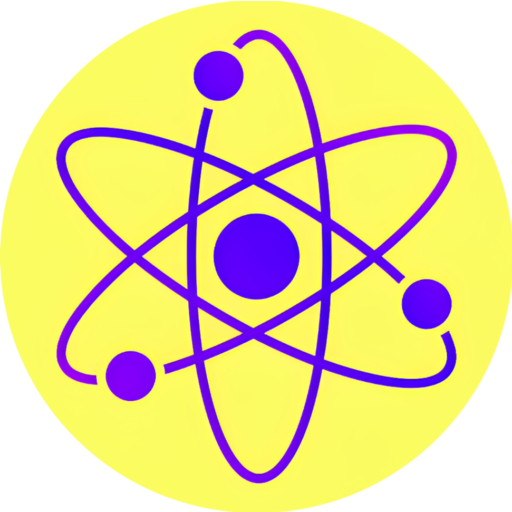AI in Drug Discovery:
AI in Drug Discovery: Accelerating the Future of Medicine
The pharmaceutical industry is undergoing a transformation, thanks to the power of Artificial Intelligence (AI). Traditionally, drug discovery has been a lengthy and costly process, often taking years of research and development before a new drug reaches the market. But now, AI is speeding up this process, unlocking new possibilities for treating rare and complex diseases.
How AI is Changing Drug Discovery
AI excels at analyzing massive datasets quickly, which makes it ideal for drug discovery. Leading companies like Insilico Medicine and DeepMind have developed cutting-edge AI models that can process enormous amounts of chemical, biological, and medical data. These AI systems can:
-
Predict Drug Efficacy: AI can predict how different compounds will interact with biological systems, making it easier to identify promising drug candidates. This allows scientists to focus on compounds with the highest potential, cutting down on time and resources spent on failed experiments.
-
Analyze Chemical Compounds: AI can sift through vast libraries of chemical compounds, identifying those with structures likely to be effective against specific diseases. This eliminates the need for laborious trial-and-error methods used in traditional drug discovery.
-
Identify New Drug Candidates: AI-driven tools have the ability to find new chemical structures and molecules that might otherwise be missed by human researchers. This innovation opens the door to discovering treatments for rare or previously untreatable diseases.
Real-World Success Stories
-
Insilico Medicine, a leader in AI for drug discovery, made headlines when its AI platform identified a potential treatment for fibrosis in just 46 days—a process that typically takes months or even years. Their AI-driven approach dramatically reduces the time required for preclinical testing.
-
DeepMind, an AI company under Google’s umbrella, has developed AI models that can predict protein folding, which is crucial for understanding how diseases function and how drugs can target them effectively. This breakthrough could lead to better-designed drugs for diseases like Alzheimer’s and cancer.
Impact on Rare Diseases
AI is especially valuable in the fight against rare and complex diseases. Many of these diseases have limited research due to their low prevalence, making drug development financially unfeasible. However, with AI, pharmaceutical companies can reduce the cost of discovery and development, making it more viable to target rare conditions.
For instance, AI models are now being used to explore treatments for diseases like Huntington’s and ALS, where traditional research has struggled. By analyzing genetic and biological data, AI can provide new insights into how these diseases operate and identify potential therapeutic targets.
The Future of AI in Medicine
As AI continues to evolve, the pharmaceutical industry stands on the cusp of a revolution. We can expect:
- Faster Approvals: AI’s ability to predict drug success rates could speed up the regulatory approval process, bringing new drugs to market more quickly.
- Personalized Medicine: AI will likely play a role in personalized medicine, creating treatments tailored to individual genetic profiles and conditions.
- Lower Costs: The efficiency of AI in research and development could reduce the overall costs associated with drug discovery, making lifesaving treatments more accessible.
Conclusion
AI in drug discovery is not just a glimpse into the future—it’s happening now. With companies like Insilico Medicine and DeepMind at the forefront, the possibilities for new treatments are expanding rapidly. From rare diseases to more personalized healthcare, AI is revolutionizing medicine and paving the way for faster, more effective solutions.https://youtu.be/PPJZo1pO1l0?si=n68Trpl-3V119pAM

Responses